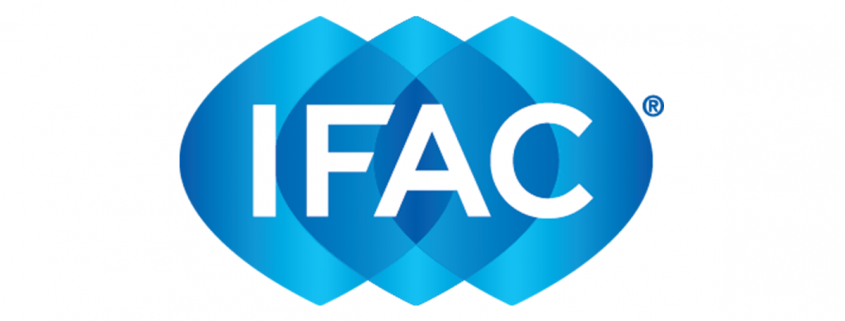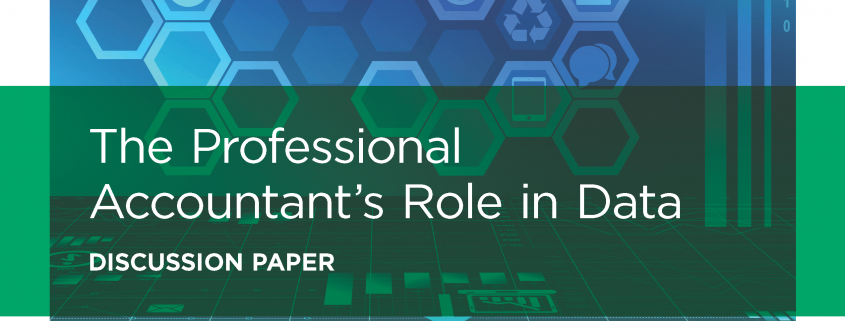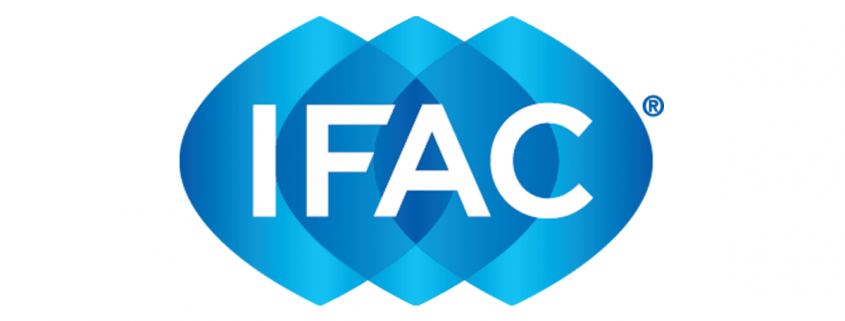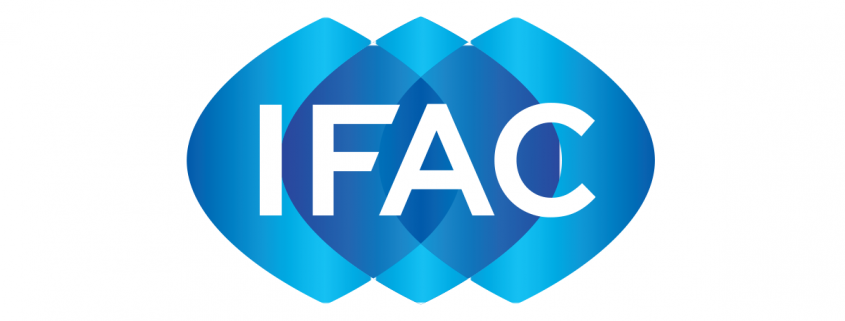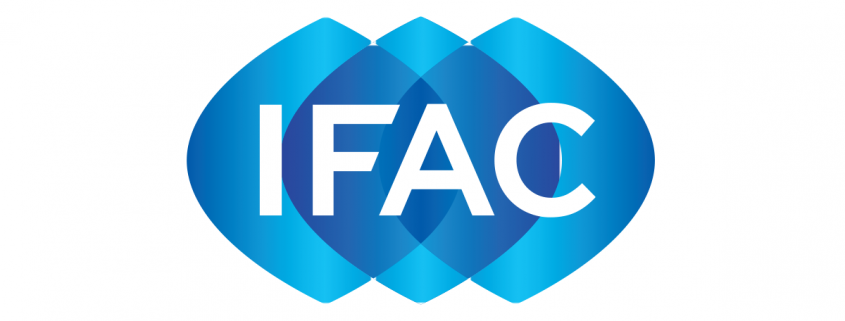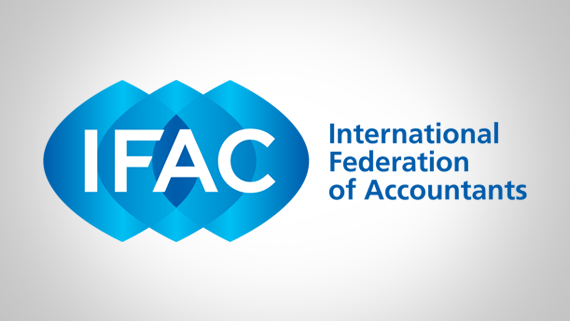From Crisis to Recovery: Public Sector Priorities to Support COVID-19 Recovery
The public sector is a high priority for IFAC and the global accountancy profession. Professional accountants serve the public interest, and as such, those working in the public sector have been at the heart of the response to the COVID-19 pandemic, playing a critical role in advising governments and helping make tough choices, drive innovation,…

